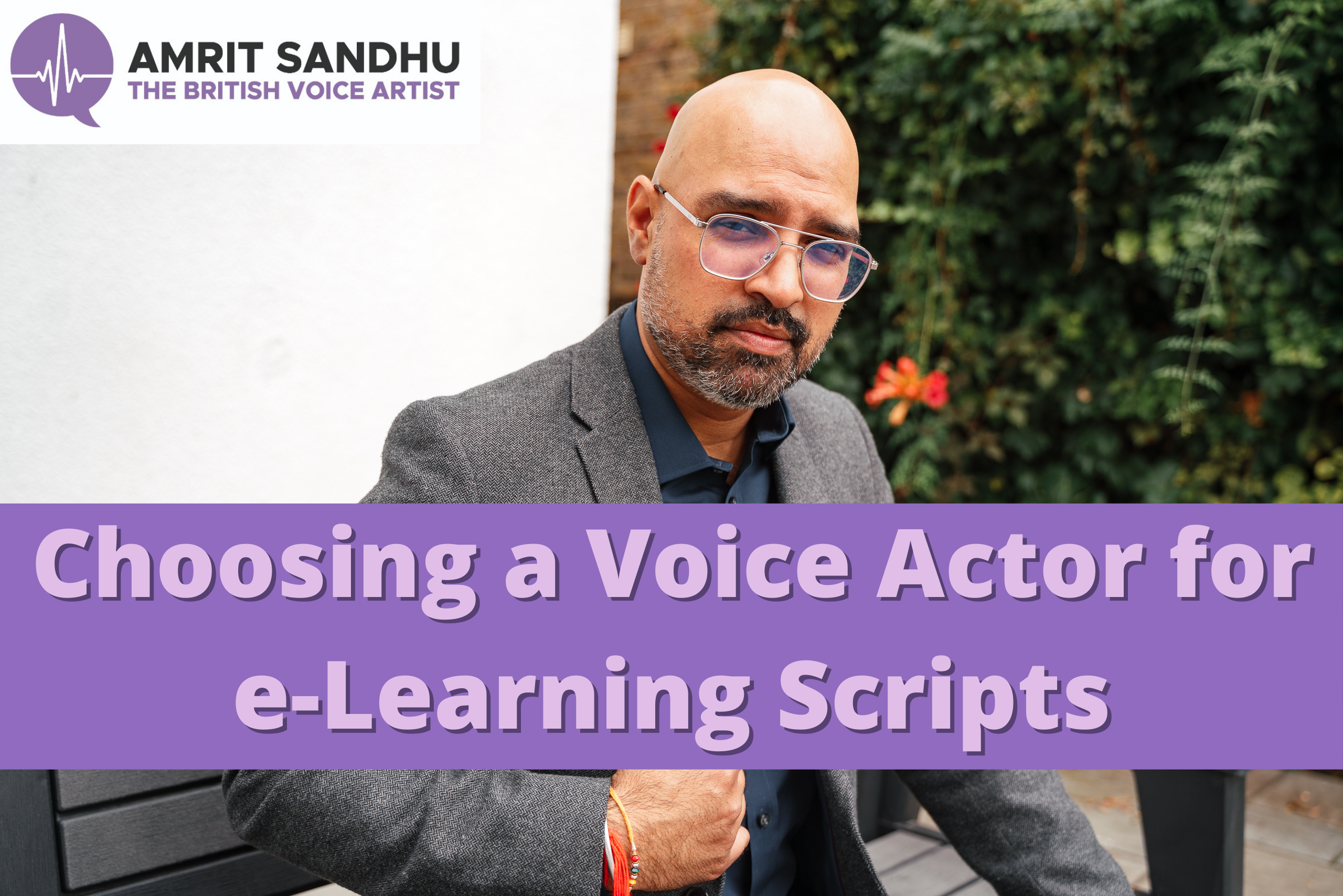Structured learning systems have been around for a long time. We all know that education is important for the youth, but not all students have access to traditional learning curriculums. Luckily, that’s where e-Learning comes in. However, you need a great voice actor to grab your students’ attention, making your e-Learning material more efficient. So, how do you pick a voice actor for e-Learning scripts?
The Importance of e-Learning

Why We Shifted From Traditional Learning to e-Learning
Not all students are capable of attending physical classes. Some may live in areas far from schools, or some may have certain handicaps that make it difficult to attend physical lessons. Moreover, the pandemic forced many students to shift to an e-Learning model to keep up with their studies.
Just because a student is not in an actual classroom does not mean that they cannot learn. Many people have learned that adapting to online learning is still an effective way to continue education, especially if the e-Learning has audio.
Some students may get live sessions with a teacher. However, teachers can only handle so much, so prerecorded lessons are a common occurrence in e-Learning, but a voice actor can easily cover the narration for a teacher, making the teacher’s life easier and enhancing the student’s overall learning experience. Therefore, picking a proper voice actor for your e-Learning script is crucial for your student’s success.
How a Voice Actor Impacts e-Learning’s Effectiveness
It’s estimated that over 90% of students don’t finish e-Learning courses. However, that 90% of students share similar answers as to why they didn’t complete them: The lectures were boring.
The simplest way to avoid adding to that 90% is by hiring a great voice actor. A proper voice artist suited to e-Learning narration will elevate the student’s overall experience. The voice actor will make your educational materials compelling and interesting, helping your students be more willing to learn. In turn, this will help them get better grades and finish their courses.
How to Choose a Voice Artist for e-Learning Scripts
Just like regular actors, certain voice actors play better “roles” than others, which will include the e-Learning niche. You want your voice actor to have certain characteristics to their voice – that way, they will truly engage students. Here are a few things you need to find when searching for an e-Learning voice artist.
Attention-Grabbing

With e-Learning, the last thing you want to have in a voice actor is a dull voice. You want to find a voice artist with a distinct voice that grabs attention. Avoid actors that tend to speak in a monotone voice. Instead, opt for voice actors who know when to change up the volume, enunciate, slow down, etc., to add depth and spirit to your e-Learning script.
For instance, let’s say that you hire a voice actor with e-Learning experience. This would mean that they know what words to emphasize, making sure that certain words are extremely important to remember. Moreover, an experienced voice artist will also know when to add silence, allowing your students to absorb the information they just heard.
Pleasant and Conversational
As mentioned earlier, one of the quickest ways to lose a student’s attention is by lecturing them. No one wants to feel like they are simply being told information in a boring, uninterested tone. If the speaker sounds tired of the subject, your students will surely feel the same way.
So, opting for someone with a more pleasant and conversational tone is the way to go. You can tell a student a “story” about the subject, or speak about the topic as if it were a conversation. That way, the student’s mind will automatically be geared to absorb the information instead of “waiting out” a lecture.
Moreover, people are generally more receptive to listening when the tone is kind and friendly. When a person has a demeaning tone or has punitive language, a person will feel dejected and put down, thus making the student “shut out” whatever that person says.
However, pleasant voices with positive words create an almost “rewarding” listening experience. Therefore, a student will be more open and engaged when they feel like they are being praised for learning, not shunned.
Knowledgeable

Of course, you want your voice actor to sound like they know what they are talking about. If your voice actor sounds unsure of their words or clearly sounds like they are reading off a script, students will not be interested in what they have to say.
You want someone who says their words with pride and confidence, carrying out the script like they’ve studied the subject themselves. That way, the script will sound like it is being taught by a passionate teacher, helping your students learn.
Do you have any useful tips to help people find e-Learning voice actors? I encourage you to share them in the comments.



